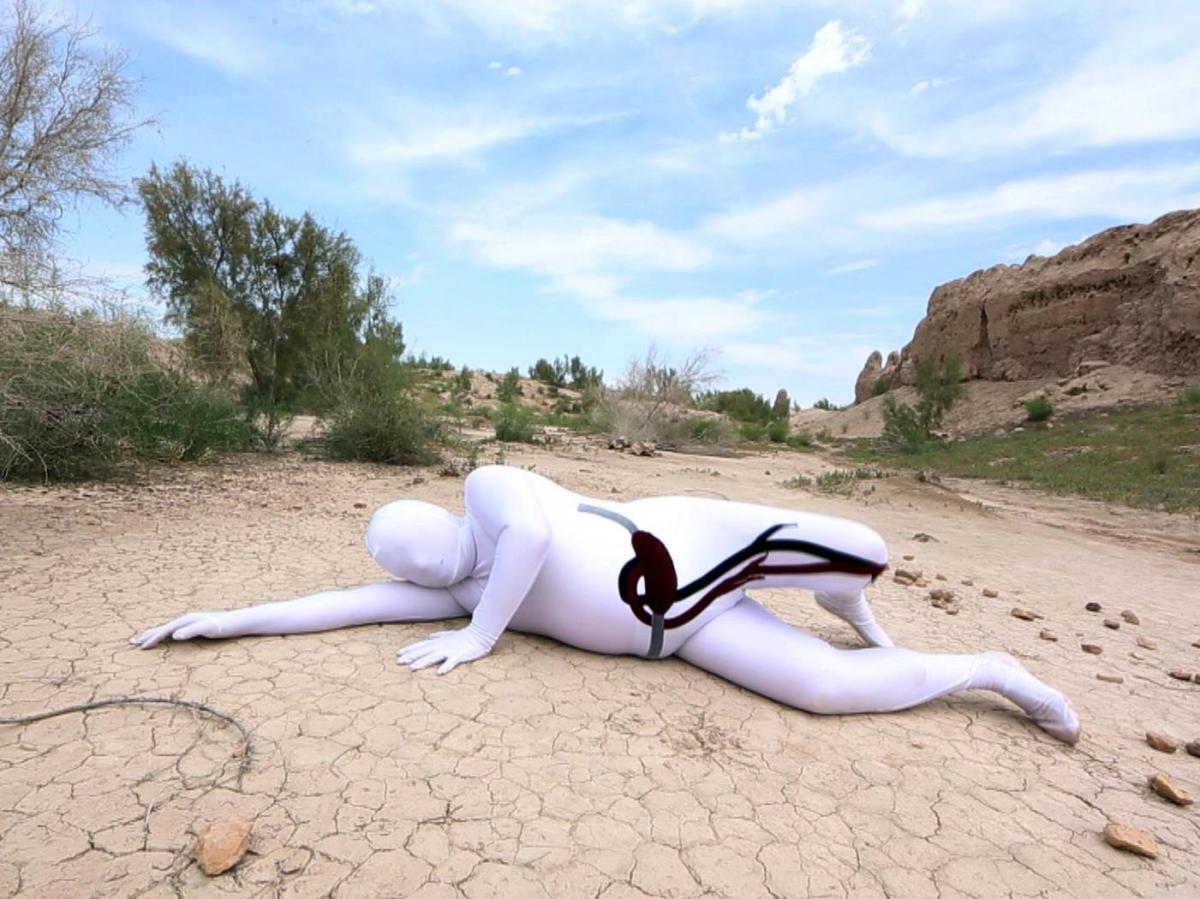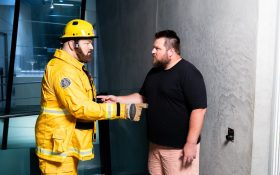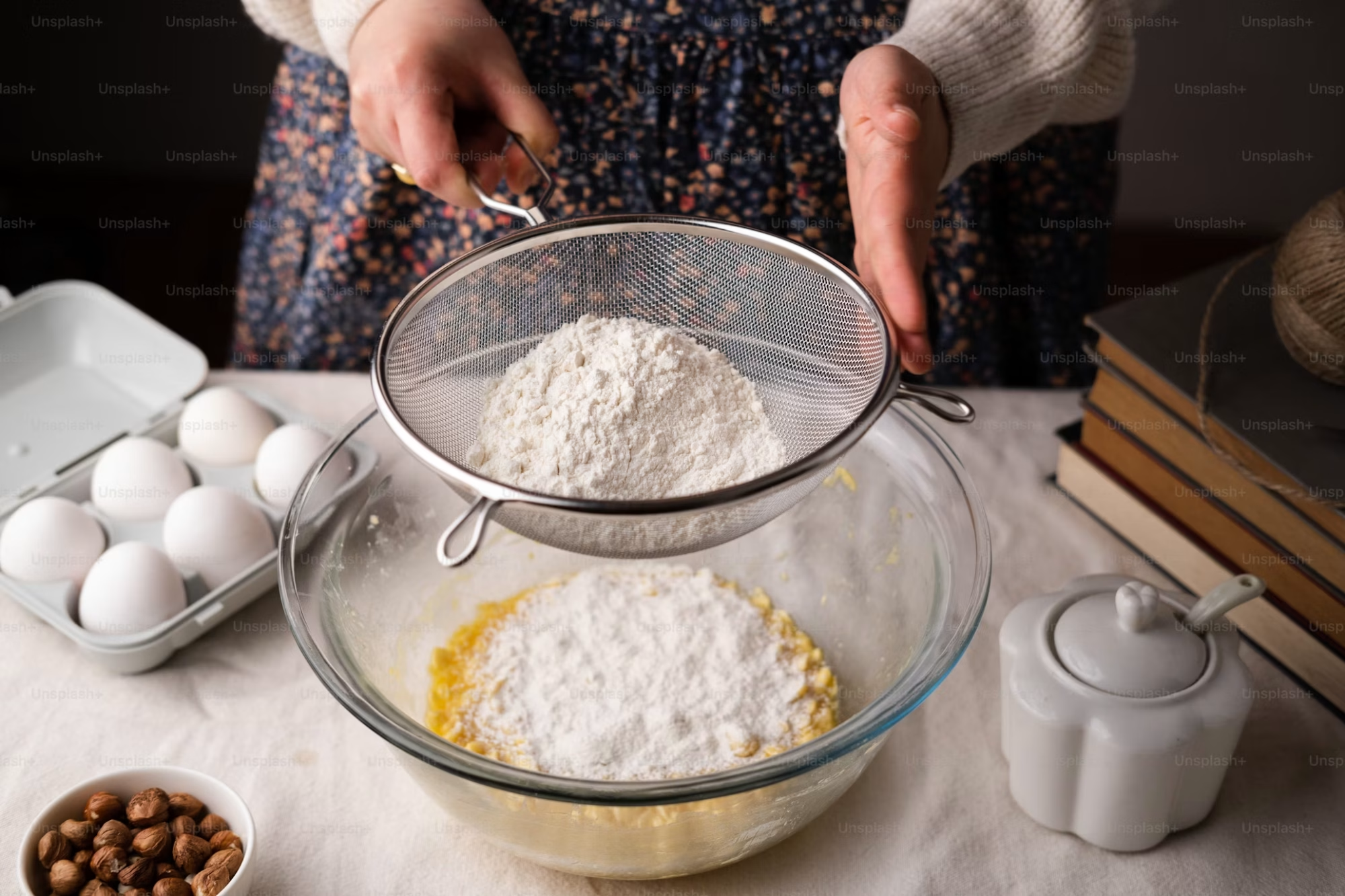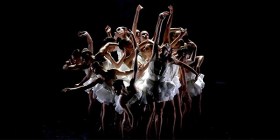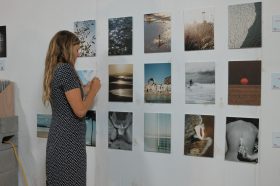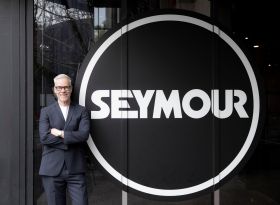John A. Douglas, from Circles of Fire (Variations) 2016 video; courtesy the artist and Chalkhorse Sydney
A $30,000 grant can be a career-maker for any artist.
A new fellowship for an artist with disability developed by Arts NSW in collaboration with Accessible Arts, turns its focus to professional development by encouraging new pathways, the development of skills, knowledge and networks, research opportunities and residencies.
The Artist with Disability Fellowship is open to NSW professional artists who identify as having a disability and are working in any art form, including music, theatre, visual arts, writing, dance, hybrid/interdisciplinary arts and screen content.
Aboriginal writer Gayle Kennedy, who lives with the results of childhood polio, told ArtsHub the Fellowship is an important recognition that people with disability can be serious, professional artists.
It’s an important sign, a validation if you wish, of artists with disability. Far too often our practice is looked upon as some kind of glorified hobby, or worse, therapy. This Fellowship takes us seriously.’
It was a point echoed by Kris Tito, Arts Development Manager, Accessible Arts: ‘A grant like this is forcing the arts sector to value a disability context, and it is needed now.’
The Fellowship is the first of its kind in Australia, and has been launched as part of the NSW Government’s commitment to support artists’ careers.
Deputy Premier and Minister for the Arts Troy Grant said, ‘It will enable a professional mid-career or established artist to expand their experience by undertaking development activities such as travel, mentorships or internships with practitioners, short-term courses or research and development.’
The Fellowship was launched at the Arts Activated Conference in Sydney last month and is currently open for applications.
Recognising the value of professional development
The new Fellowship follows the launch of the Arts NSW and Screen NSW Disability Inclusion Action Plan (DIAP) for 2016 – 2018.
While publishing the DIAP and establishing the Artist with Disability Fellowship are important steps, Arts NSW recognises that there is still work to do.
Visual artist John Douglas, who has campaigned as an advocate for the rights of people with HIV said: ‘Artists with disability are often disadvantaged from the burdens placed upon them by their impairment, especially when it comes to meeting the financial and logistical costs of making work.’
Douglas said this Fellowship offers the vital funds to enable an artist to continue to develop and sustain their practice by undertaking professional development opportunities.
Kennedy said the Fellowship would enable the successful artist to overcome the barriers of arts funding.
‘With the art scene in Australia not being all that inclusive or accessible, many artists with disabilities do not get the chance to showcase their work or talents and develop fully to their potential. This can cause great hardship when trying to apply for arts funding in the general rounds. They do not have the experience or reputation to successfully compete. It is for the most part, not a level playing field. This Fellowship will allow artists with disabilities to breathe and feel confident in putting in an application,’ she said.
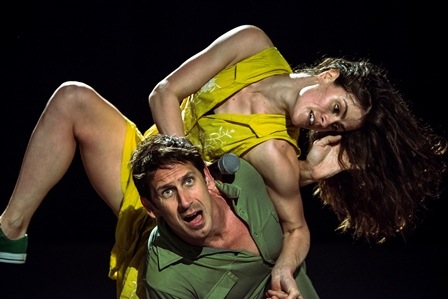
Off the Record, Co-produced by Force Majeure and Carriageworks in partnership with Dance Integrated Australia. Photo: Courtesy Force Majeure
Understanding the nuances
It is also important that the Fellowship is for a mid-career or established artist.
For the purposes of this Fellowship, Arts NSW defines ‘mid-career and established’ as professional, practicing artists that have a minimum of seven years experience, an extensive body of work and a wide degree of recognition.
‘There has not yet been the opportunity in the disability space to have key focused funding to do research and development and provide that next step-up over the mid-career hump, which limits the calibre of practice,’ said Tito.
Kennedy pointed out that being a mid or later career artist is not just about length of practice but also the degree of recognition an artist had received.
‘Although many of us have been working at our craft for many years, the lack of recognition that what we are doing is a career at all is problematic. The term career has connotations of not only recognition but also reparation; some sort of monetary gain and this is not always the case with artists with disabilities.’
Using abilities to explore their potential
Tito was quick to correct any illusion that the Fellowship was a tokenistic gesture. ‘People get concerned this sort of thing is a tick-box. That is old thinking, and being worried about that is also old thinking. We shouldn’t have to be talking about this – these are basic requirements that should be met to allow artists to make and perform their work.’
She said the Fellowship would enable someone of the highest calibre to develop skills, knowledge, networks so that they can lead in the sector ‘rather than just be inserted within it.’
Tito cited the UK as having a very successful funding model that puts artists with disability on stage, in galleries, and billed in festivals at critical points in their careers. ‘By doing that here – through this Fellowship – we are not losing our artists abroad, but are able to keep them here and open up our own arts sector in this context. It is a win-win for everyone.’
She said the successful artist would be free to use the Fellowship in a way that best suits their own development. ‘What I have experienced in this space is that people are really savvy to ways of navigating the arts sector; they are quite innovative. It is really up to the individual artist and the kind of processes they employ to connect with audiences.’
This Fellowship gives credit and encouragement to that professional drive. She encourages all to “go for it.”
Applications for the 2017 NSW Artist with Disability Fellowship are currently open.
The deadline for applications is Monday, 19 December 2016.
Artist with Disability Fellowship application information can be downloaded from the Arts NSW website.
TTY users can phone the National Relay Service on 133 677 and ask to be connected to (02) 9995 0959
